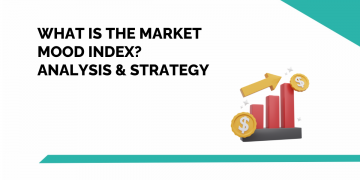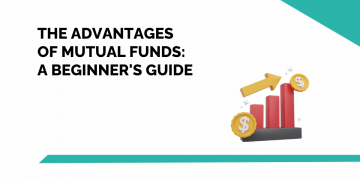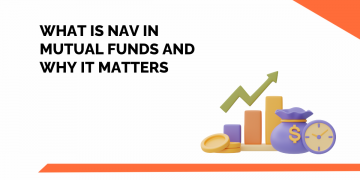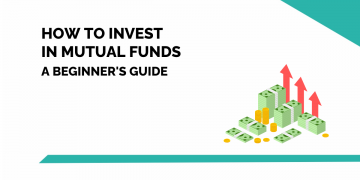Firstly I would like to wish Happy Raksha Bandhan to all.
It is a festival celebrated in India where a sister ties a thread (rakhi) on her brother’s arm and prays for his well being while the brother also promises to protect her throughout her life.
I am not going to discuss too much about this festival.
The point why I am discussing this, I will narrate it through a story.
I got up early in the morning and got myself ready for the festival.
I was excited to have sweets and chocolates from my sisters.
Normally both the brother and sister keep fast until sister tie rakhi on brother’s hand.
I was looking for my sister, then my mother told me that priest has told, the auspicious time for the festival starts at 2 o’ clock.
Holy shit! It means that I have to be empty stomach until 2 o’ clock.
This is a festival of love and care where both the brother and sister promise to take care of each other and who the hell are these priests to decide what is the right time to celebrate the festival.
Do they believe themselves to be God and why do people believe them so much?
The common people don’t know what is the reason for such timing but they follow it blindly just because their priests have told them.
If you question them (priests), they will try to fear you by pounding on you big and dramatic jargon like “ Rahu Kaal hai avi” and blah blah.
This is actually a “wrong number” if we speak in the words of a Blockbuster Bollywood movie, “PK”.
The same logic applies to share market, where the investor and their investment resembles brother and sister and the analysts and news reporters act like the priest who tries to manipulate the investor by pounding hi-fi financial jargon.
Know More: Business Channels – Information of the Businesses in the Market
The investor who is planning to invest for the long term and is in no hurry to sell the stock but due to psychological bias, they can’t stop watching TV channels like CNBC, ET, NDTV profit etc.
This is how they get trapped in the words of financial priests, being ruled by them and ends up selling the stock in the short term.
The psychological bias which resembles this situation is a mental model from the field of psychology and is known as Variable Reinforcement.
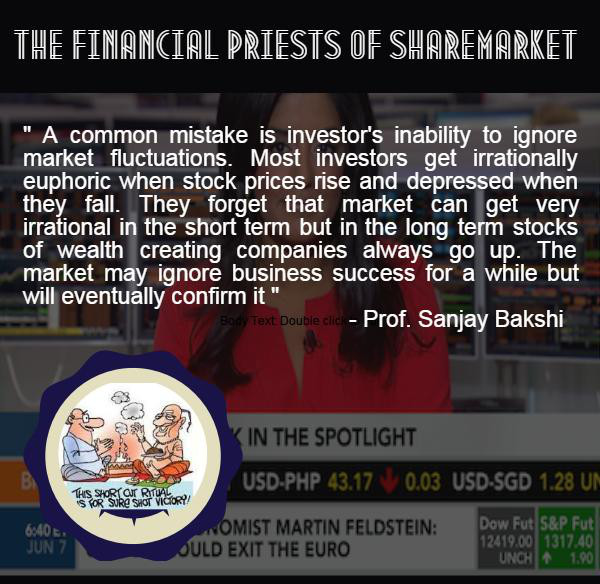
A response is said to be a reinforced response if it generates a reward i.e. a person will be motivated to repeat a response if he or she gets a reward for the same.
However, when a response is reinforced after an unpredictable number of tries it generates a high and steady rate of response which means when you receive the reward with irregular or unpredictable frequency, your behavior is reinforced even more strongly.
Take some time and ponder over the following:
>What is the first thought when you get an incoming call from an unknown number?
>Is it easy to ignore the unread message in your mailbox or in WhatsApp buzz?
>When you hear the ringing of doorbell of your house?
These are the few questions which describe the Variable reinforcement.
A psychologist has conducted an experiment to prove the effect of variable reinforcement which is discussed below.
Skinner’s Experiment
The theory of variable reinforcement was validated by a scientist named B.F. Skinner in 1950 who conducted an experiment on mice.
He found that the mice who received the random reward responded more greedily.
He conducted an experiment where he selected two mice and fed them a bit differently.
The first mouse was given the same quantity of food every time it pressed the lever while the food given to the second mouse was irregular and uneven.
When the second mouse would press the lever, it would sometimes get a small reward, other time a large one and something nothing at all.
What Skinner observed that the second mouse pressed the lever compulsively when the food was given at irregular intervals.
That established the theory of Variable Reinforcement.
Nir Eyal, author of the book, Hooked: How to build Habit-Forming products, writes Humans like the mice in Skinner’s box crave predictability and struggle to find patterns, even none- existent.
Variability is the brain’s cognitive nemesis and our mind makes a deduction of cause and effects a priority over other functions like self-control and moderation.
Coming back to our topic,
The investor who initially invests for a longer term horizon gets trapped in the words of financial priests on business TV channel and ends up with swing trade thus making money only for the broker.
Whenever a person invests for a longer term say 5-10 years, he has a tendency to check his portfolio on a daily basis on the back of bias of variable reinforcement.
Though there is ample evidence to show that a buy and hold strategy wins over frequent trading for the majority of investors.
The following are some of the important points we should avoid in Investing:
(a) Trading
(b) Derivatives
(c) Leverage
(d) Timing
(e) Prediction
(f) Stock tips
Professor Sanjay Bakshi says, “There is a logical reason as to why active investors who trade frequently will always under-perform their passive peers.
Here is a two-sentence proof of this mathematical truism:
(i) One, since all investors collectively own the entire stock market, if passive investors- those holding all stocks forever- can match the gross return of the stock market.
(ii) Since the management fee and transaction cost, incurred by passive investors are substantially lower than those incurred by active investors and both provide an equal gross return, then active investors must earn lower net returns as compared to passive investors”.
Bottomline:
Knowledge, as they say, is power.
To avoid these so-called financial priests and to make well-informed investment decisions you need to have adequate knowledge of the stock market.
But, knowledge is not built in a single day……………
Read good financial books and financial blogs.
You can also take up: Online NSE Academy Certificate in Research, Trading & Advisory course to gain a 360 degree perspective on the Financial Markets.
Happy Learning!!




